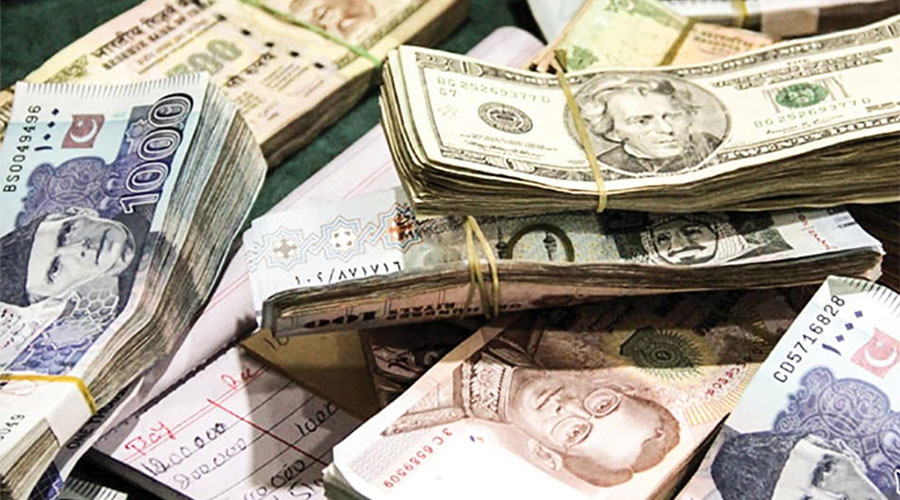Workers’ remittances flowing into Pakistan jumped by 6 percent to an all-time high of $23.120 billion in the full FY20 as overseas workers were able to send their accumulative money back to their homeland after countries started easing COVID-19 lockdowns around the world. Pakistan had received $21.739 billion in the complete previous fiscal year.
The last month of gone by fiscal year made the difference as international remittances surge up by a whopping 50 percent in June 2020 to reach record-high $2.5 billion as countries are in the process of easing down lockdowns placed to curtail the spread of the virus. In comparison $1.65 billion were received in June 2019.
Pakistan was expecting a negative impact on remittances from the Middle East, the United States and Europe as due to the COVID-19 outbreak “most Pakistanis migrant workers lost jobs or faced cuts in wages while some laborers had to return to the country”.
Remittances from UAE badly hit in FY20
Pakistan receives billions of dollars yearly in the form of remittances. On Wednesday, Pakistan’s Ambassador to the UAE Ghulam Dastgir told an international media that many swathes of these workers have been laid off and have sent back home as a significant revenue stream is taking a hit.
UAE’s 20 percent of the population is Pakistani that is a massive number. Typically, the South Asian nation of 212 million receives $4.6 billion in remittances from only UAE.
Dastgir said, “We foresee that the remittances will go down in FY20.” While the exact figure is unknown but 5-10 percent of remittances to fall in expected”.
However, world remittances are expected to be hit by 20 percent in 2020. India remittances inflows are $79 billion yearly, China with $67 billion, Egypt at $29 billion, the Philippines with $34 billion, and Mexico receiving $36 billion, and this year of pandemic, these numbers are reducing.
50 percent of Pakistani remittance comes from the wider Gulf Cooperation Council states. It has built wealthy cities with modern infrastructure in a comparatively short time appreciation to cheap labor primarily from South Asia.
Read how Coronavirus badly hit Pakistan’s already-strained economy here
Image source link





















